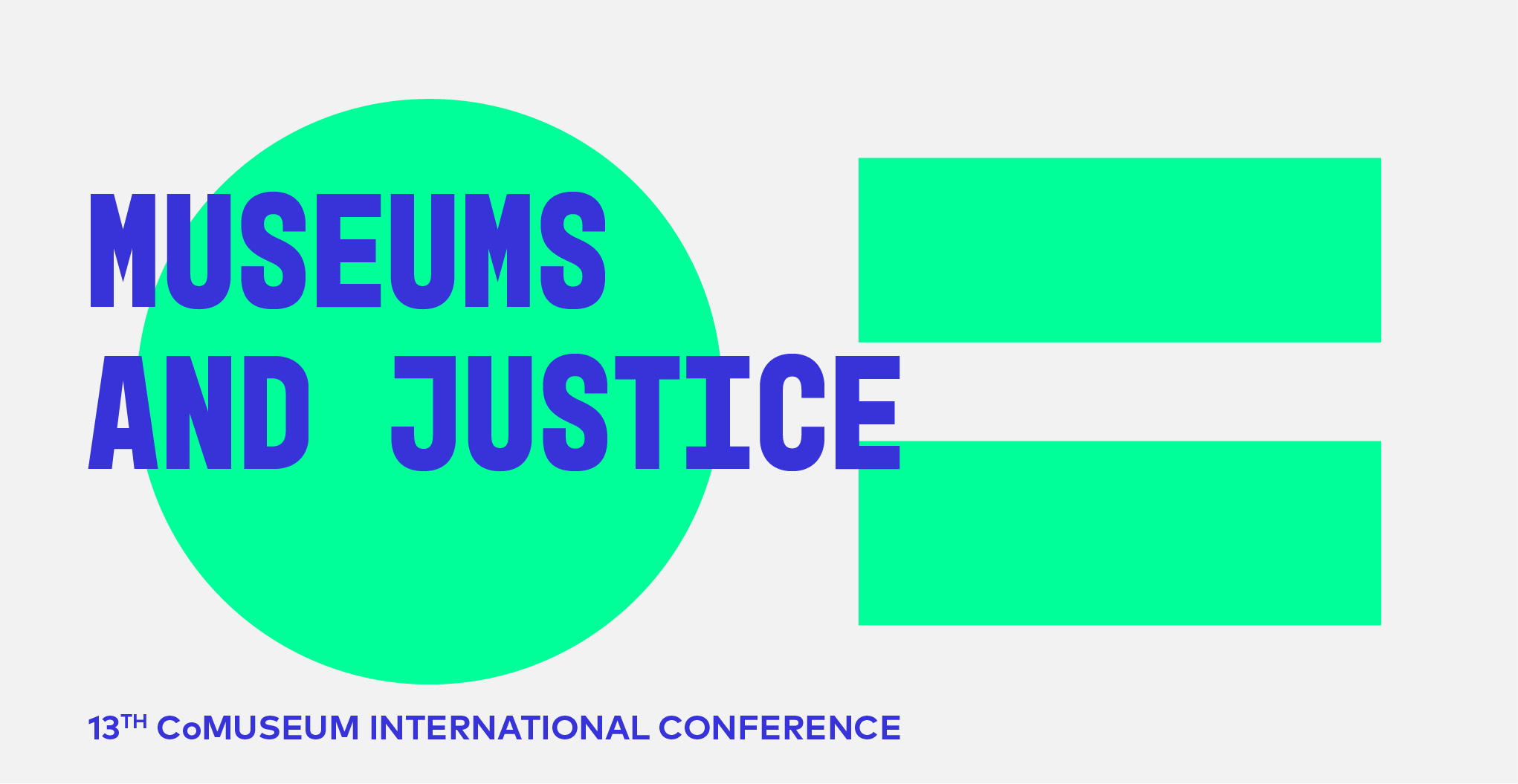Masterclasses
MUSEUMS AND JUSTICE
7 DECEMBER 2023, BENAKI MUSEUM/PIREOS 138

PROGRAM
DECEMBER 7
10:00 – 13:00 (Eastern European Time)
10:00 – 11:30
Masterclass | Benaki Museum/Pireos 138
Co-production with Communities: Collaboration, Experimentation, and Iteration
with
Hanouf Al-Alawi, National Outreach Manager, The British Museum (UK)
In 2020, the speaker developed and launched an equitable partnership model for collaborative working between the British Museum, youth-led charities and local museums across the UK, as part of her work on Where we are…, a UK-wide British Museum outreach programme that co-produces arts and cultural projects with underserved youth. She discusses her pioneering work with DiverSci, a European network of Science Centres and Museums that developed a framework for embedding ED&I across all levels of an organisation. Join us for an honest conversation about the approach, ethos, methodology, challenges, joys, and barriers to engaging meaningfully and equitably with partners and audiences.
10:00 – 11:30
Masterclass | Benaki Museum/Pireos 138
Sharing Our Human-Centered Workplace Practices Will Uplift Us All
with
Micah Parzen, CEO, Museum of Us (U.S.A.)
The “great resignation,” the drive toward unionization, and the critiques launched by movements such as “ChangetheMuseum” and “Museum Workers Speak” have all served as a serious wake-up call for museums everywhere. This master class will focus on the need for a long overdue human-centered workplace practices turn in the museum field. It will: (1) define what human-centered workplace practices are and why they are so important; (2) offer up examples of what they can look like in practice; and (3) unpack how they can help a museum grow into a healthier, more equitable, and ultimately, more sustainable institution. During the course of the class, attendees will have an opportunity to share their own human-centered workplace practices with others and explore the obstacles that often get in the way.
12:00 – 13:30
Masterclass | Benaki Museum/Pireos 138
Different by Design: Innovative Approaches for Inclusive, Accessible Museum Exhibitions
with
Sarah Schleuning, The Margot B Perot Senior Curator of Decorative Arts and Design, Dallas Museum of Art (U.S.A.)
speechless: different by design was an experiment—a groundbreaking museum exhibition at the Dallas Museum of Art—intended to foster inclusion, empathy, and a greater understanding of how we experience the world through our varied senses, merging exploration, aesthetics, and innovative new design. Developing the groundbreaking exhibition speechless: different by design confirmed what we already suspected: that the museum visitor is not monolithic, and that the neurodivergent population is not typically a primary consideration for museums. Can institutions shift to embrace a more diverse—in this case neurodiverse—audience? How might we advocate for and expand our understanding of difference and disability while offering more accessible spaces and experiences? This class will feature an honest discussion of the challenges and opportunities of developing innovative and iterative projects and offer potential next steps.
12:00 – 13:30
Masterclass | Benaki Museum/Pireos 138
Status of the Artist: UNESCO advocacy for preferential treatment for artists and cultural professionals to protect and promote the diversity of cultural expressions
with
Karalyn Monteil, Head of Programmes & Stakeholders Outreach, Culture Sector, UNESCO
Through two key UNESCO normative instruments, the 1980 Recommendation concerning the Status of the Artist and the 2005 Convention on the protection and promotion of the diversity of cultural expressions, UNESCO advocates for preferential treatment measures for artists and cultural professionals, including the improvement of the professional, social and economic status of artists through the implementation of policies and measures related to training, social security, employment, income and tax conditions, mobility and freedom of expression.
Both UNESCO documents remain as relevant today as the decades ago when they were drafted given the ongoing challenges worldwide in the area of DEAI as well as social and economic rights and the impact of digital technology, including AI, on the work of artists.

